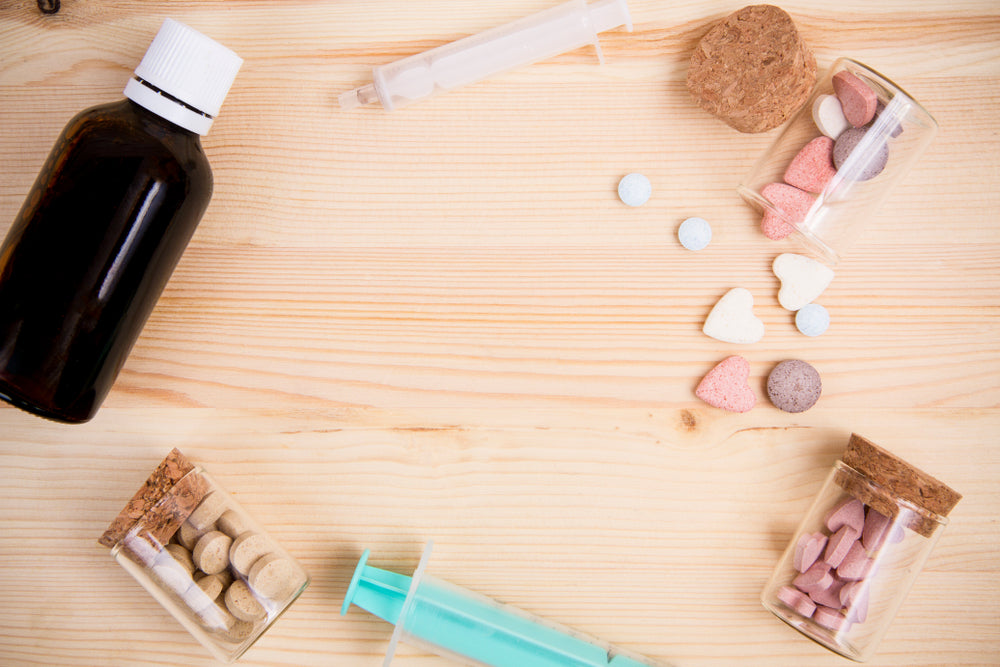
How to Store Pet Medications Safely
As pet owners, it's important to ensure that we store our pets' medications safely. Failure to do so could lead to accidental ingestion, overdose, or exposure to harmful substances. Here are some tips on how to properly store your pet's medications to ensure their safety and well-being.
Pet medications come in various forms, including pills, liquids, and injections. Each medication has specific storage requirements that must be adhered to in order to maintain its effectiveness and safety.
Labeling
It's important to properly label all medications with the pet's name, medication name, dosage, and expiration date. This will ensure that you don't mix up medications or administer expired medications to your pet.
Storage Location
Store medications in a secure location that is out of reach of children and pets. A locked cabinet is the best option. Medications should also be kept away from heat, moisture, and direct sunlight.
Temperature
Some medications, such as insulin, must be stored in the refrigerator. Be sure to read the label of each medication carefully to determine its temperature requirements.
Pill Organization
If your pet requires multiple medications, it can be helpful to organize them by day or time of day. This can be done using a pill organizer or by labeling each medication container with the appropriate day and time.
Disposal
Expired or unused medications should be disposed of properly. Do not flush them down the toilet or throw them in the trash. Instead, check with your local pharmacy or veterinarian to see if they have a medication disposal program.
Traveling with Medications
When traveling with your pet, it's important to bring their medications with you. Be sure to pack them in their original containers and store them in a secure location. If your pet requires refrigerated medications, bring a cooler with ice packs to keep them at the appropriate temperature.
Inhalers and Aerosols
Inhalers and aerosols should be stored at room temperature and away from heat sources. These medications should also be kept away from open flames, as they are highly flammable.
Liquid Medications
Liquid medications should be stored in a cool, dry place. Be sure to shake the medication well before administering it to your pet.
Eye Drops and Ointments
Eye drops and ointments should be stored in the refrigerator, unless the label indicates otherwise. Be sure to wash your hands before administering these medications.
Supplements
Supplements should be stored in a cool, dry place away from direct sunlight. Some supplements may need to be refrigerated, so be sure to read the label carefully.
Emergency Medications
If your pet requires emergency medications, such as epinephrine, keep them in an easily accessible location. Be sure to inform all household members of their location and proper use.
Handling Medications
When handling medications, be sure to wear gloves and wash your hands thoroughly before and after administering them. This will prevent the spread of germs and reduce the risk of contamination.
Checking Expiration Dates
It's important to regularly check the expiration dates on your pet's medications. Expired medications may not work as effectively and can be harmful to your pet's health.
Consulting Your Veterinarian
If you have any questions or concerns about storing your pet's medications, be sure to consult your veterinarian. They can provide you with additional information and guidance on how to properly store and administer your pet's medications.
Conclusion
Properly storing your pet's medications is crucial for their safety and well-being. Be sure to follow these guidelines to ensure that your pet's medications remain effective and safe.


